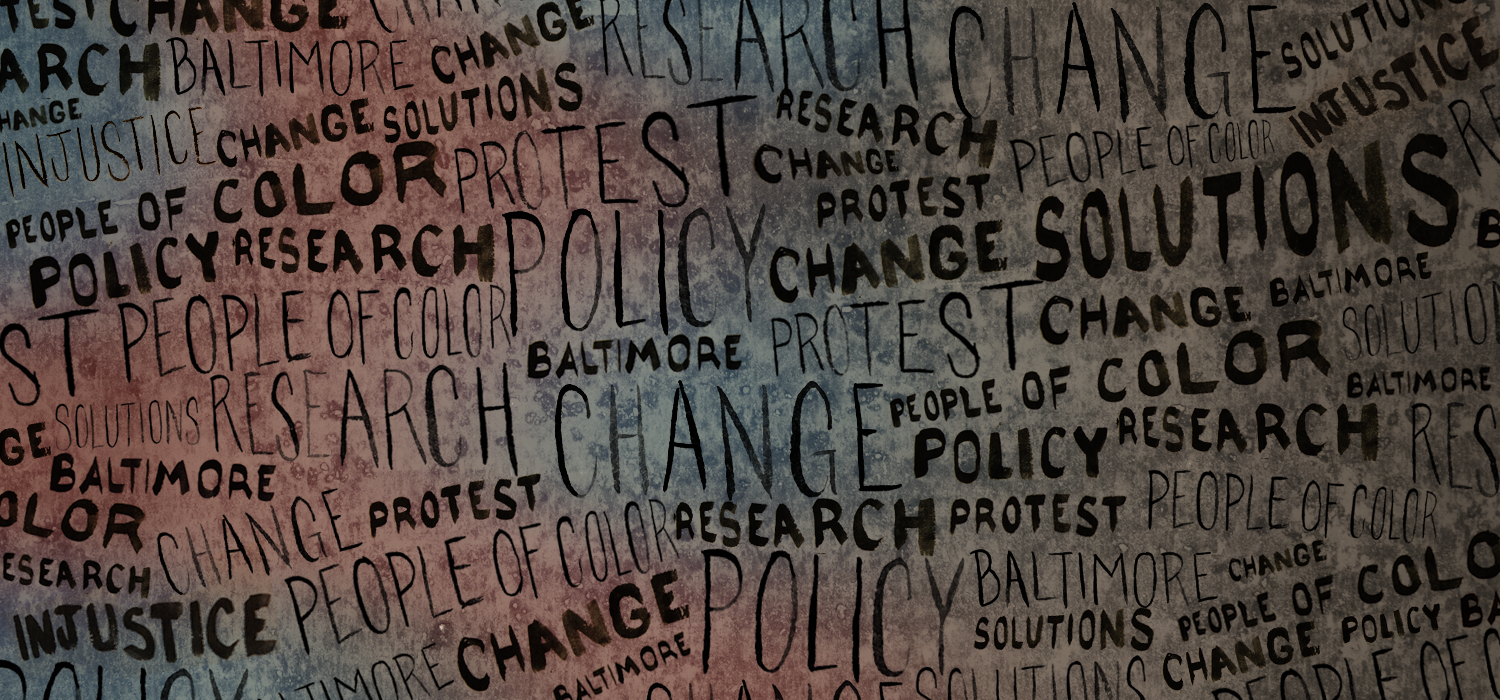
Throughout this week, Urban Institute scholars offer evidence-based ideas for policies that can make a difference for communities in Baltimore and beyond grappling with inequality and injustice. Although this series covers a lot of issues, we by no means address all the challenges that matter.
Fifty years ago, racial injustices led to protests—both peaceful and violent—in cities across our country. The civil unrest and the underlying conditions that fueled it led Lyndon Johnson to create the Urban Institute in 1968.
Events in Baltimore earlier this month reflect the stubborn persistence of inequalities and barriers to mobility facing people of color in America today. Pundits have been quick to respond with their various takes on the causes and consequences, using the moment to pitch their stock proposals.
Now the protesters have returned to their homes and their jobs, and the news cameras are gone. But through their actions, people in the streets of Baltimore issued a challenge: a call for real solutions to problems facing poor, mostly minority communities in Baltimore and in other cities.
Throughout this week, Urban Institute scholars will respond to that call with a series of Urban Wire blog posts offering concrete solutions and strategies. Each post will focus on a specific challenge facing communities of color in urban America today, offering evidence-based ideas about how this challenge can be effectively tackled. We’ll draw upon our research and upon promising practices in other cities around the country.
For communities in Baltimore and beyond asking for real change, we hope this series offers meaningful ideas for policies that can make a difference. But we know full well that, even though we’re covering a lot of issues here, we by no means address all the challenges that matter.
More posts in the series:
- Strong Medicine: Using policing power with care
- Weaving a more secure, connected web to help families thrive
- The power of young voices
- Creating employment opportunities for low-income African American men
- High-poverty schools undermine education for children of color
-
The weak housing market recovery in Baltimore has hurt African Americans the most
-
Latinos and African Americans: Shared experiences, shared solutions
-
Building better neighborhoods: How millennials can help revitalize Baltimore
-
Want to reduce mass incarceration? Do no harm and invest in people and communities
-
It takes more than insurance to improve the health of low-income city residents
-
Five insights from our policy responses to protests in US cities
Illustrations by Adrienne Hapanowicz, Urban Institute
Tune in and subscribe today.
The Urban Institute podcast, Evidence in Action, inspires changemakers to lead with evidence and act with equity. Cohosted by Urban President Sarah Rosen Wartell and Executive Vice President Kimberlyn Leary, every episode features in-depth discussions with experts and leaders on topics ranging from how to advance equity, to designing innovative solutions that achieve community impact, to what it means to practice evidence-based leadership.